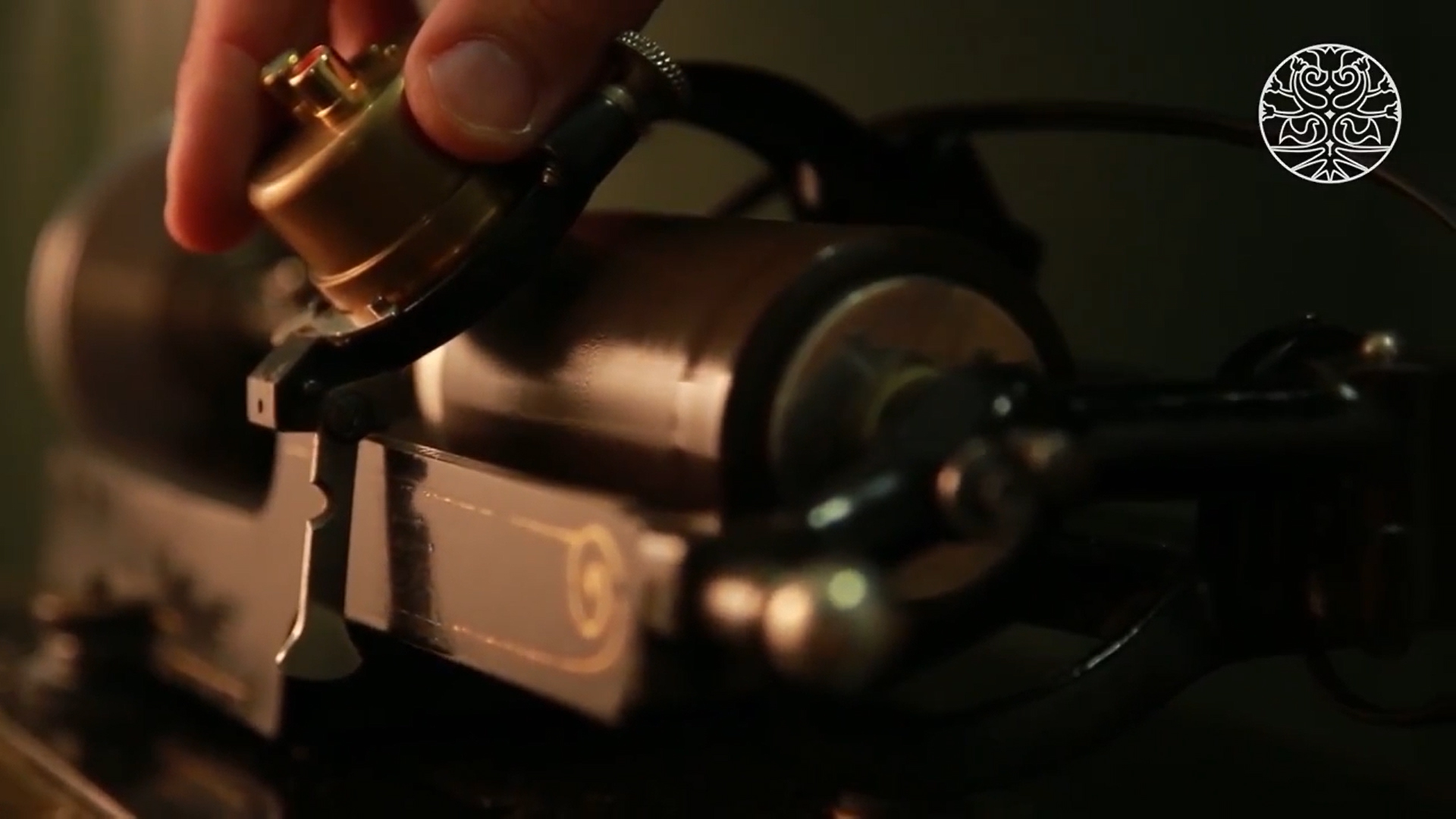The Folklore Documentation Library and Archives is specialized in folk music, folk dance and ethnography, charged with the retention and digital processing of the folk music, folk dance and textual folklore collections made of any ethnic group in the Carpathian Basin and the documents of ethnographic relevance related to them. The archives continuously receive collections and the colleagues perform processing with modern devices. The renovation of Budai Vigadó offers an up-to-date opportunity for showing the collection: it is open to visitors on an increased library area and with an audio-visual reading-room. In addition to the original folklore audio recordings and footages, the number of books, journals and audio publications is on the constant increase. Folk dance researchers knew that folk music and folk dance should be analysed together and placed in the context of the given community. As from the 1960s, the development of technical devices enabled longer audio and film recordings, films about dances with sound, and the recording of complete dance sequences and folk customs. From the 1970s, when the dance house movement started, folklore collections multiplied. In addition to the original folklore materials, the Hungarian Heritage House retains and provides editorial support to the archive documents of the Hungarian State Folk Ensemble and the materials collected during the 46 years of the revival folklore movement.
Martin heritage
About 6500 ethnographic books and journals collected by György Martin, a prominent figure in Hungarian and international folklore research, forms the core of the library. Martin was the founder of academic research and historical cataloguing of folk dance in Hungary, and to this day his publications constitute the basic literature for anyone interested in folk music and folk dance.
Lajtha heritage
The archives include a folk music collection of sheets of tunes recorded and field notes taken by composer and folk music researcher László Lajtha.
Halmos heritage
Béla Halmos, one of the persons who launched the dance house movement in Hungary and its first ever first violinist, considerable legacy of works collected and created during the four decades of his activity as a musician, folklore collector, teacher and organizer. His folklore collection, manuscripts, part of his library and his master violin are retained in the Hungarian Heritage House. Béla Halmos founded the archives of the Hungarian Heritage House to collect the events and documents of the dance house movement, which has expanded across the country borders. This includes 6500 photographs, several hundred hours of audio and video recordings, and interviews with 243 persons.
Folklore database – folkloradatbazis.hu, folkloredb.hu
The online database of the Hungarian Heritage House allows browsing in a multitude of audio recordings, photographs and films capturing the traditional intellectual culture of the Hungarian- speaking territories. The database containing folk music, folk dance and other folklore collections and ethnographic data is freely accessible to all in Hungarian, English and Romanian. You can search according to collector, collection site, performer, geographic location or genre. In addition to the heritages, it includes folklore collections bought from various museums and from the private collectors, folk musicians and folk dancers of the dance house movement.
